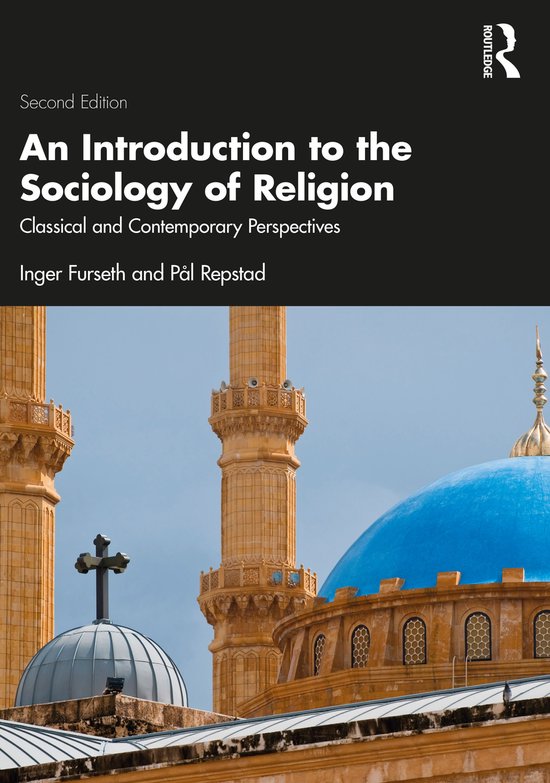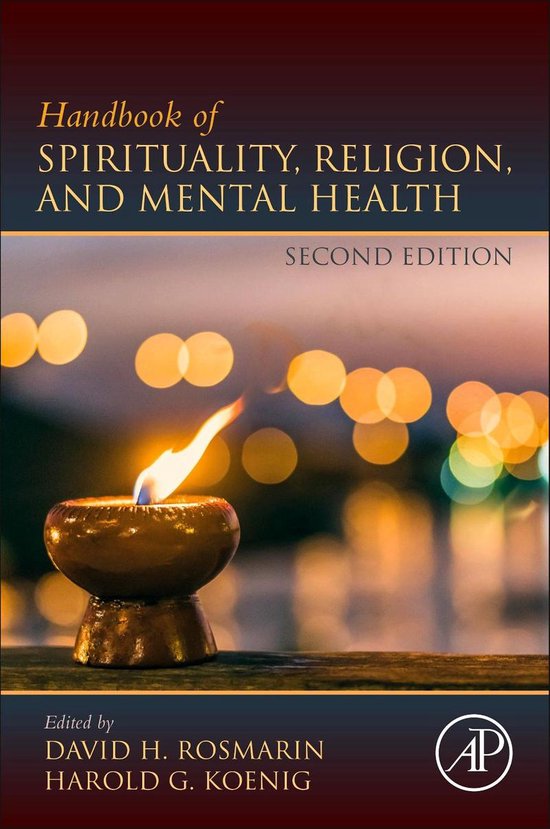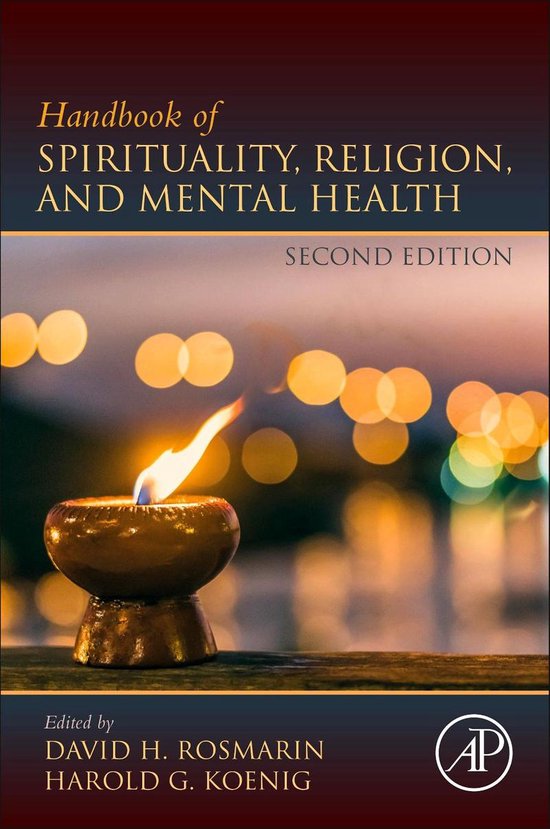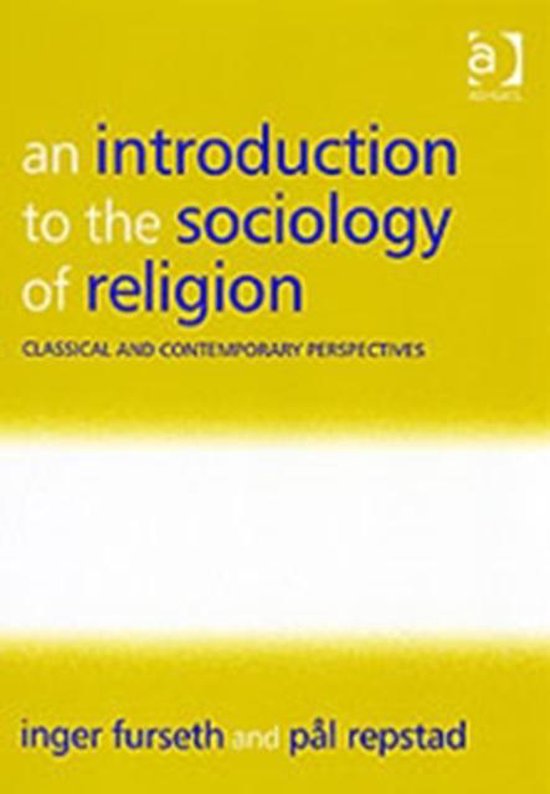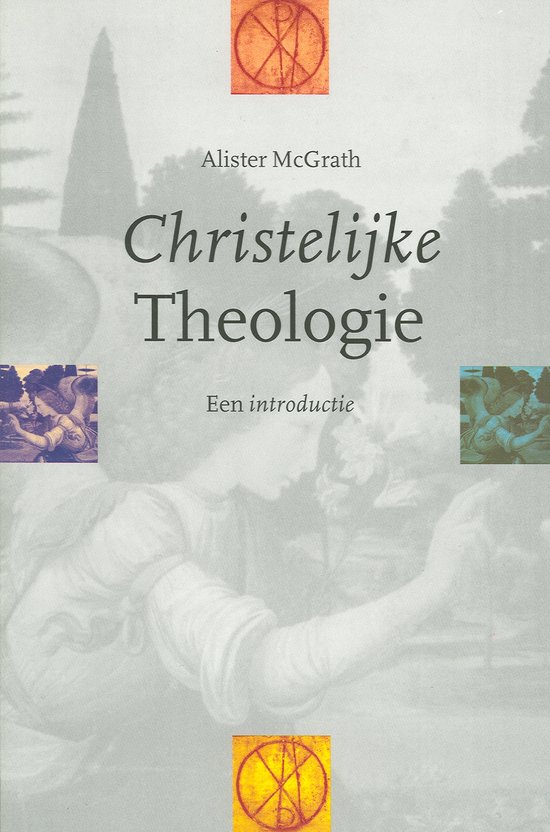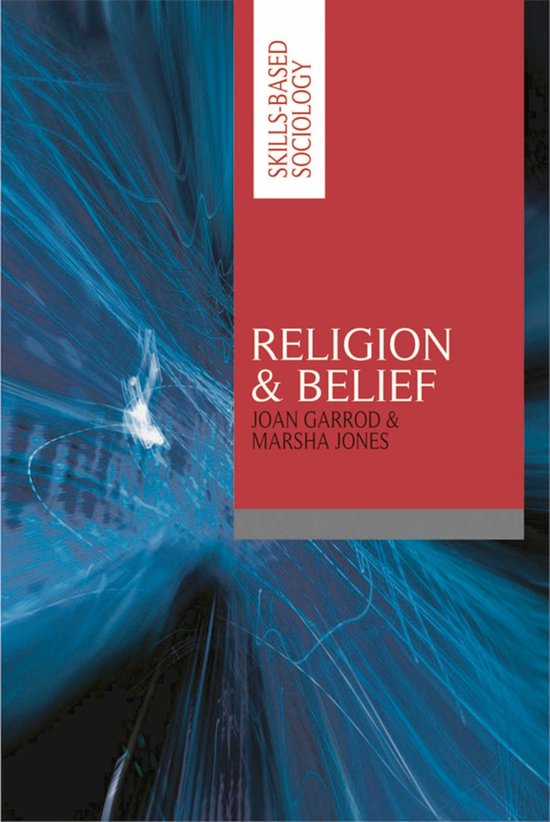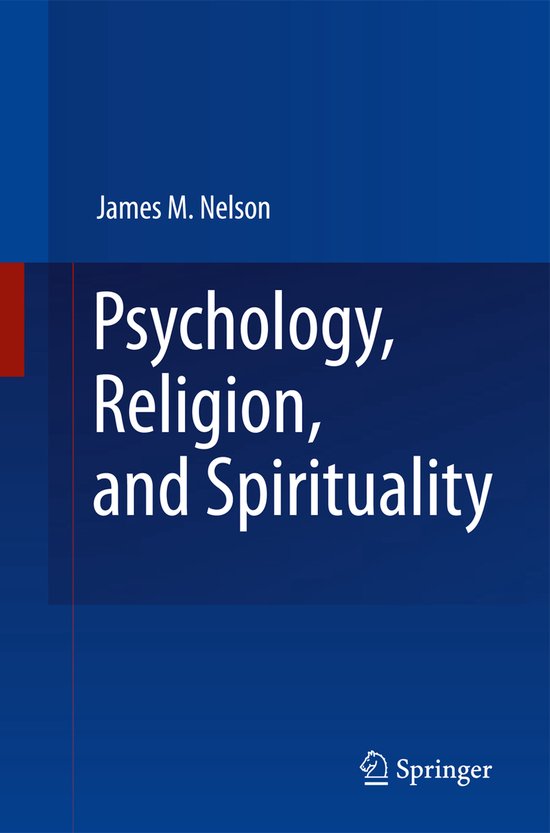
Psychology, Religion, and Spirituality
The past century has seen the relationship between psychology and religion progress from wary antagonists to strange bedfellows to complementary worldviews. Psychology, Religion, and Spirituality is designed as a text that reflects this history while illuminating the robust dialogue that continues to accompany it.
The elegant, accessible coverage ranges from early psychological critiques of religion and responses from major religious thinkers to positivist and constructivist philosophies; from Jung’s archetypes to neurobiological research into the religious brain; from scientific constructs of prayer, meditation, and mindfulness to collaborative interventions for mental health. The book’s distinctive teaching/learning presentation:
- Discusses non-Western religious traditions in addition to Christianity.
-
- Balances theoretical literature with empirical research on each topic.
-
- Reviews contemporary research and debates in psychology and religion.
-
- Examines developmental approaches to religious and spiritual growth.
-
- Provides a variety of practical applications.
-
- Includes review questions, exercises, and other student materials.
-
- Encourages readers to develop their own ideas on this subject
These are valuable perspectives for graduate or undergraduate courses in the psychology of religion, and a rich resource for graduate courses in psychology and counseling. In addition, Psychology, Religion, and Spirituality makes an inviting text for seminary courses in spiritual and pastoral counseling.
Over a century ago, psychologists who were fascinated with religion began to study and write about it. Theologians and religious practitioners have responded to this literature, producing a fascinating dialogue that deals with our fundamental und- standings about the human person and our place in the world. This book provides an introduction to the important conversations that have developed out of these interchanges. The dialogue between psychology and religion is difficult to study for a number of reasons. First, it requires knowledge of both psychology and religion. People with a background in psychology often lack a solid understanding of the religious traditions they wish to study, and theologians may not be up to date on the latest developments in psychology. Second, it requires conceptual tools to organize the material and understand the basic problems involved in any attempt to connect the science of psychology with religion. These concepts can be found in many places, for instance in the writings of philosophers of science, but they are complex and often hard to follow for those without a proper theological and philosophical ba- ground. Finally, authors who write on the topic come to the study of psychology and religion from a variety of academic and personal backgrounds. This makes for wonderful diversity in conversations, but it makes understanding and mastery of the material quite difficult.
| Auteur | | James M. Nelson |
| Taal | | Engels |
| Type | | Hardcover |
| Categorie | | Persoonlijke ontwikkeling & Mindfulness |
